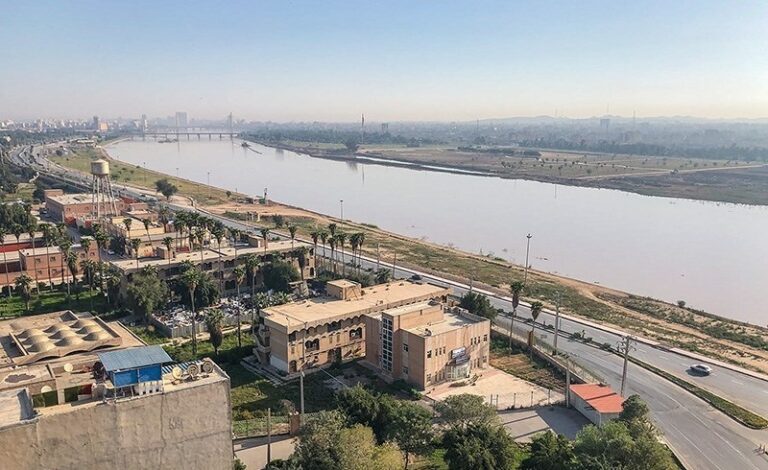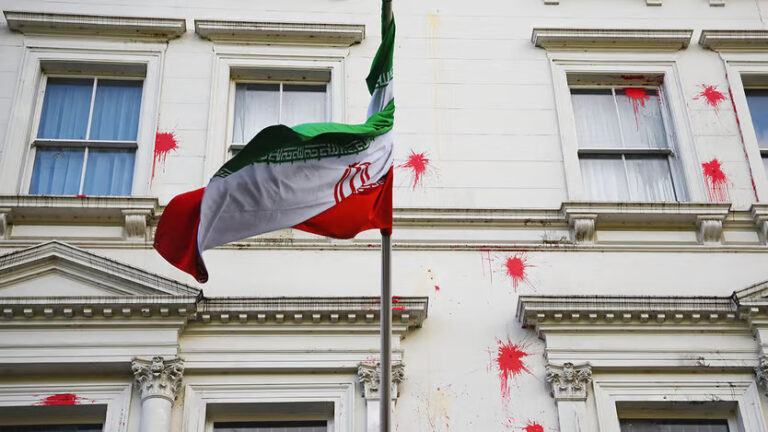TEHRAN (Agencies)
Turkey & Saudi are Iran’s new FM top priority
Atomic chief Ali Akbar Salehi officially took charge on Saturday as Iran’s new 
foreign minister and said Tehran’s top priority will be to boost ties with regional power Saudi Arabia and Turkey. Salehi, 61, who oversees Iran’s controversial nuclear program, was named as interim foreign minister after his predecessor, Manouchehr Mottaki, 57, was sacked by President Mahmoud Ahmadinejad on December 13. “Iran’s first priority in diplomacy should be neighbours and the Islamic world. In this regard, Saudi Arabia and Turkey have a special position,” Salehi, a fluent Arabic and English speaker, was quoted as saying by Mehr news agency after he took charge of the ministry.
|
|
||
|
Ali Akbar Salehi, Iran\\\’s new FM
|
||
“Saudi Arabia deserves to have special political ties with Iran. Iran and Saudi Arabia, as two effective countries in the Islamic world, can resolve many problems together.”
Ties between Iran and Turkey have grown in recent months with Ankara even endorsing a nuclear fuel deal for Tehran in May, along with Brazil.
Turkey has also repeatedly called for sustained diplomacy to resolve Iran’s nuclear controversy.
“Turkey is a powerful country with strategic position and shares common cultural and ideological grounds with Iran,” Salehi said.
Salehi also underlined the importance of expanding ties with Iran’s other neighboring countries such as Syria, Iraq, Azerbaijan, Afghanistan and Pakistan.
China & Russia are among Salehi’s plans
Ali Akbar Salehi, who still heads the Atomic Energy Organization of Iran, said he also wanted stronger ties with China and Russia – two nations whose veto power on the U.N. Security Council is crucial to Tehran’s battle to ward off more sanctions.
Neither nation, however, stood in the way of the latest round of penalties, imposed in June.
Salehi said Iran and the European Union too would “benefit” if the EU switched its position towards Tehran from “confrontation to engagement as soon as possible.”
“Despite some unfair moves by the European Union, this union wants respectful ties with Iran for a number of reasons, including energy,” he said.
No reason was given to sack Mottaki
Ahmadinejad abruptly fired his longtime foreign minister, Mottaki, on Monday while he was in the middle of a visit to Senegal. He gave no public explanation, but the president may have wanted to install a figure more personally loyal to him as Tehran resumes critical talks with world powers over its nuclear program.
Mottaki’s sacking also came just days after Iran held talks in Geneva with world powers over the nuclear dossier.
The United States and some of its key allies believe Iran is using its civil nuclear program as a cover to develop atomic weapons. Iran has denied the charges, saying its nuclear program is geared toward generating electricity and producing medical isotopes for patients.
Despite Iran’s best arguments that its nuclear work is entirely peaceful, the U.N. has imposed four rounds of sanctions in response to its refusal to halt uranium enrichment, a process that can be used both to produce reactor fuel and material for nuclear warheads.
Iranian media reports over the past year have said that some lawmakers believed Mottaki was not a forceful or persuasive enough advocate for Iran on the world stage.
Mottaki refused to attend his own farewell event Saturday in an apparent gesture of protest.
US & Gulf states share fears of Iran’s nuke program
The doubts over Iran’s true aims are shared by the United States’ Arab allies in the Gulf.
King Abdullah of Saudi Arabia, for example, has forcefully urged Washington to take military action against Iran to “cut off the head of the snake,” according to the secret diplomatic memos made public by WikiLeaks.
The leaders of Saudi Arabia and five other Gulf Arab nations said this month they are watching Iran’s nuclear ambitions with “utmost concern” and appealed to the West for a greater voice in the renewed talks with Tehran.
Salehi stays until a new permanent FM is named
Salehi will serve as caretaker foreign minister until a permanent replacement is named. Under Iran’s constitution, the president has three months to name Salehi or another candidate, who must then survive a vote of confidence in parliament.
Meanwhile, Vice President Mohammad Reza Rahimi said Salehi’s appointment comes at a time when Iran was at a “special and crucial” position following the sanctions.
“It is now Mr Salehi’s turn to launch a new initiative following Mottaki’s efforts and do a greater job for the system,” he was quoted by ISNA news agency as saying.











+ There are no comments
Add yours